How to Overcome These 7 Succession Planning Challenges
Analytics in HR
JUNE 8, 2022
Succession planning is a complex process, especially in the fast-changing economic environment that we find ourselves in. To help you successfully guide your organization through these dynamic times, let’s take a look at the most common succession planning challenges and how you can overcome them.

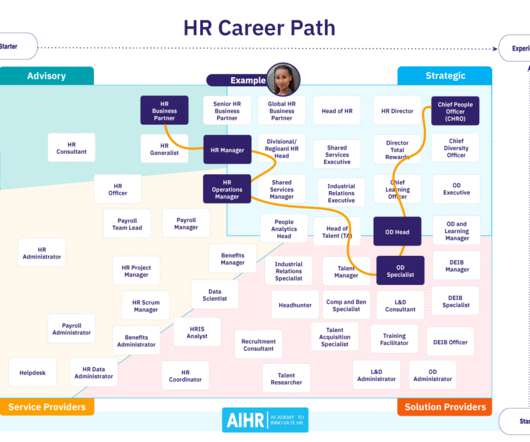
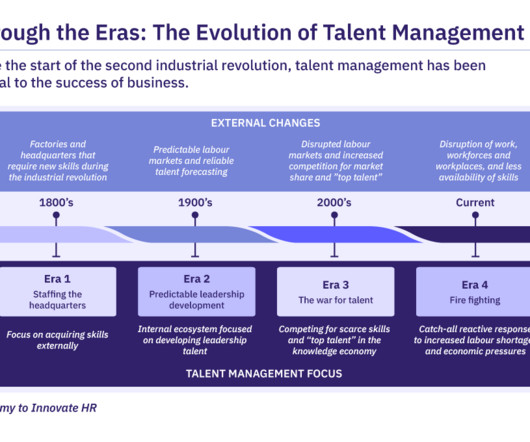


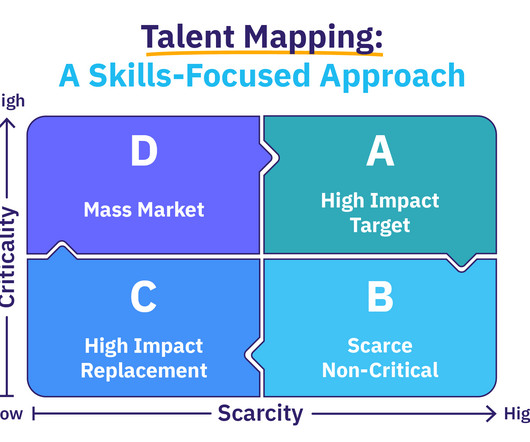

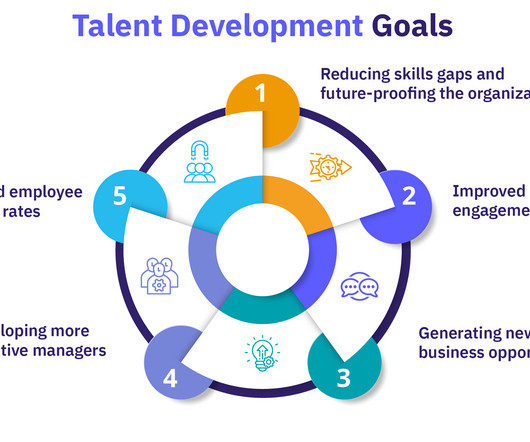
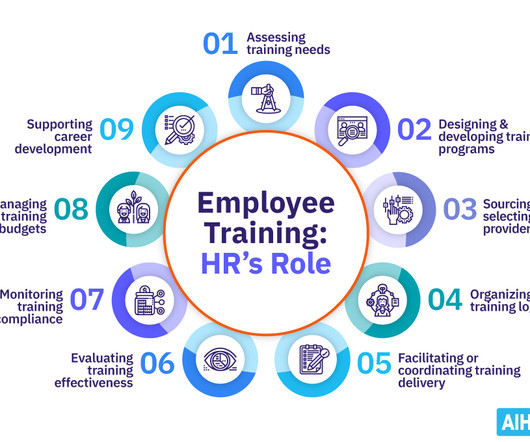
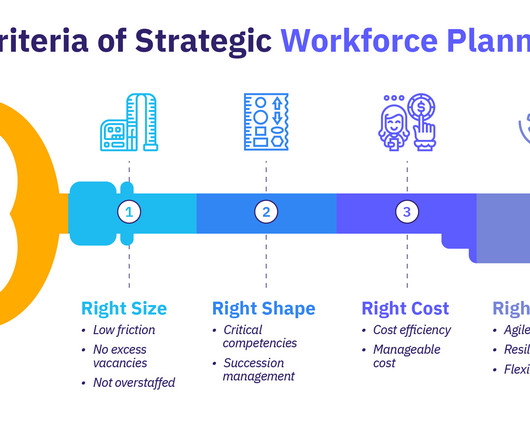


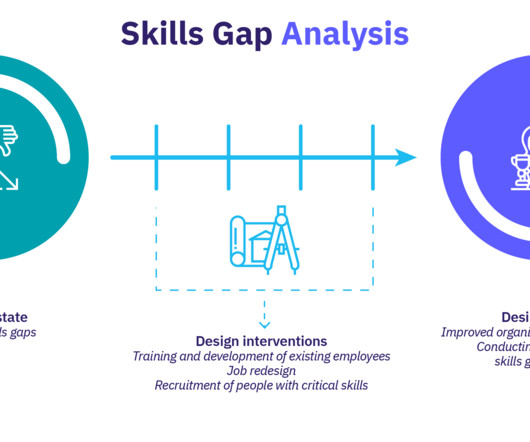










Let's personalize your content